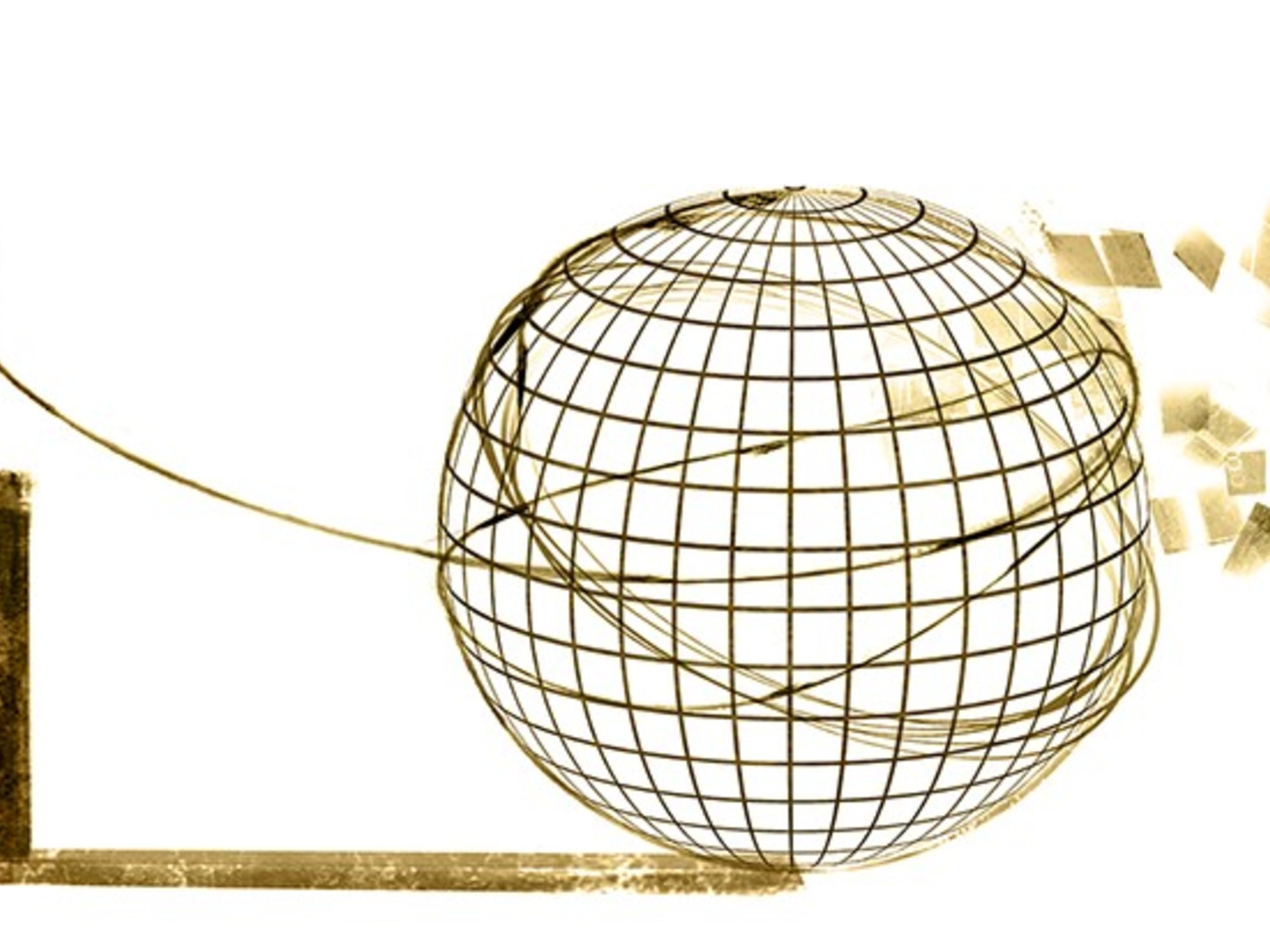
The announcement of the relief of the Millais government by the United States was an important event in the relationship between Argentina and the United States. It coincided with the midterm elections, and in some ways, and perhaps along with other more important factors, contributed to La Libertad Avanza’s victory.
Variants of the opposition (particularly Peronism and the left) may have believed that President Trump’s rather humiliating intervention would benefit them by reviving the now-weakened proverbial nationalism.
This misconception was likely based on confusion regarding the impact that the words of the U.S. president have on the electoral process. This impact can be assessed by analyzing the case of Canadian executive elections.
From January 2024 to February 2025, conservative leader Pierre Poièvre won comfortably in various opinion polls. Like Trump, he delivered anti-elite, anti-media, pro-tax-cut speeches, usually relying on insults.
When President Trump took office, he announced tariffs, accused the neighboring country of being a major exporter of fentanyl to the United States, and proposed annexing Canada into his country. Liberal Mark Carney won the April 28 election. There is no doubt that Trump’s “club” facilitated his opponent’s victory.
In Argentina, in the final stages of parliamentary elections, most opinion polls predicted a victory for the main opposition party following Fuerza Patria’s victory in Buenos Aires province.
Trump came on the scene and made two promises of $20 billion each. In the end, the ruling party won. The generous “carrot” of the United States contributed to some extent to its success. Two different situations in the midst of a situation of social panic had different effects on voters.
The role of the United States functioned not only by its strategic design for the continent (restoring its sphere of influence by force and/or cooperation) or by its affinity with the Millais government (a partner in the reactionary International), but also by a curious fact. When Treasury Secretary Scott Bessent formalized the swap, he claimed that the United States was doing so because it “doesn’t want another failed state in Latin America.”
Will Argentina become the new failed state? There are no indicators of the inevitable fragility and possible collapse of our nation. So, beyond the factual evidence, we need to understand what the failed state designation says about U.S. foreign policy.
Please briefly explain how and why such ideas are based. In 2008, I published “Constructing a Failed State in World Politics: The Case of U.S.-Colombian Relations” and asserted that this “construction” was crucial in justifying Washington’s increasing and large-scale intervention in Colombian affairs.
To American decision-makers, failed states are generally inefficient, lazy states, potentially ungovernable, and requiring outside intervention to provide guidance, protection, and discipline. This exogenous intervention shows that the state is highly connected to Washington, and therefore, according to the White House and some branches of the administration, “something has to be done.”
Failed states are recognized as states that are losing or lacking effective sovereignty. That could lead to a power grab by actors who are not friends of the United States. It was never assumed that Washington’s active and direct involvement in the internal affairs of a failed state could lead to domestic turmoil and further rejection.
On the contrary, benevolent intervention is expected in the process of “de-bankrupting” a nation on the path to collapse. Furthermore, in some cases, a failed state in the midst of a major crisis requests assistance, resulting in the phenomenon of “invited intervention.” This means that there are dynamics in which external factors push and dynamics in which internal factors attract intervention.
The relationship established between failed and powerful states is one of agreed and deepened asymmetrical. That is, powerful actors promise and fulfill, in part or in whole, various types of resources that are always important to failed states, while acquiescing to the demands and strategies of those in power.
This implies support for the ruling elites of failed states, despite their inability to reverse the internal conditions that led to external intervention. This, in turn, is intersected by geopolitical logics related to the values of failed states.
This is not just a link between states, but also involves non-state actors to avoid the complete collapse of failed states. That was what Colombia has experienced since the late 90s as a result of its drug problem.
There is no need to remember that the drug problem, a product of prohibitionism, is still unsolved. In fact, it got worse. Next, we need to assess who benefits from being classified as a failed state.



